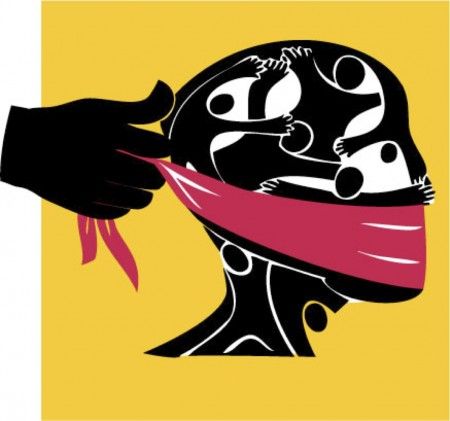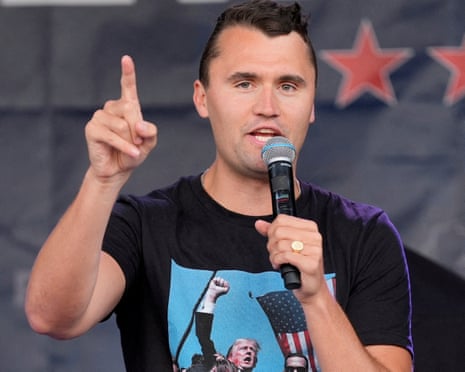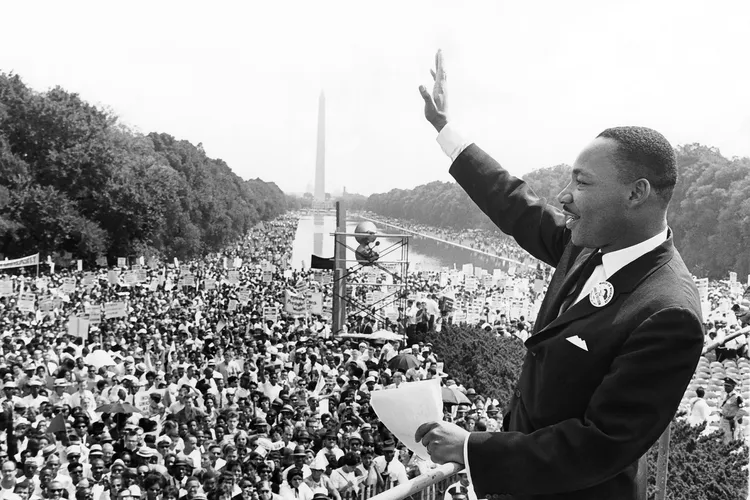The Assassination of Speech: Why Charlie Kirk’s Death Raises Hard Questions About Free Expression

Death is usually met with silence, mourning, and solemnity. But when news broke that Charlie Kirk, the 31-year old conservative activist and co-founder of Turning Point USA, was assassinated while speaking at a Utah Valley University event, the internet did not fall quiet. Instead, it erupted with laughter, memes, and celebratory hashtags.
Some people expressed shock, others expressed relief, as though his life was a burden lifted off the earth. The moment blurred the line between tragedy and entertainment, between politics and morality.
The questions hanging over this moment are bigger than Charlie Kirk himself. Why are people happy about his death? Has freedom of speech become a ticket to the grave?
And more disturbingly, can anyone express controversial opinions anymore without the shadow of violence following them?
The Polarized Public Reaction
Within minutes of the news spreading, X (formerly Twitter) and TikTok flooded with reactions. Some mourned Kirk as a martyr for conservative values, posting tributes to his courage and ideas. Others mocked him, using his assassination as a punchline. One viral comment read: “My prayers with the family of the bullet”, another viral post of tiktokker of her celebrating his death has garnered reactions all over the app.
This split reaction shares resemblance with a political theater. It reveals a society where political disagreement has become so toxic that death feels like a valid form of justice and permanent silence.
We are no longer content with debating ideas, we want the people who hold them erased. Social media, with its addictive rewards for shock and cruelty, amplifies this trend.
To celebrate an assassination online is to perform one’s righteousness before an audience. But behind the likes and retweets lies something darker which is the growing belief that violence is an acceptable resolution to disagreement.

The Weaponization of Free Speech
Charlie Kirk made his name by pushing the boundaries of free speech in ways many found provocative. He was brash, unapologetic, and often offensive to people with contrary opinions, criticizing and debating everything from immigration to LGBTQ+ rights to liberal academia to international wars to gun ban.
To his supporters, he was a fearless defender of conservative values. To his critics, he was just someone who loves to provoke them and one who thrived on division.
But here is the deeper issue that is being overlooked. Many people forget freedom of speech was never meant to protect only polite conversation.
It was designed to safeguard even the speech we dislike. If society starts deciding that unpopular or controversial voices deserve violence, then free speech is hollow.
This is not to excuse harmful discourse. Words can wound and influence violence.
But to answer speech with assassination is to abandon the principle that ideas should be countered with ideas. It is to declare that persuasion has failed, and only bullets remain.

When Opinions Become Death Sentences
History is littered with assassinations of people who dared to speak. Martin Luther King Jr. andMalcolm X were gunned down because their words carried power.
Journalists around the world have been murdered for exposing corruption, reporting war crimes etc. Activists in authoritarian states vanish after criticizing their leaders.
In each case, assassination is not just the end of one life, it is a warning to everyone else: stay silent, or you’re next.
Kirk’s death, regardless of one’s politics, sends the same chilling message. It says that freedom of speech is conditional, that stepping onto a stage with unpopular opinions may be an invitation to die.
The danger is not only to conservatives like Kirk. The precedent applies universally. If assassinations become an acceptable response to speech, then no activist, no intellectual, no dissenter is safe.
The Ethical Question: Why Celebrate Death?
Still, we must ask: why did so many celebrate Kirk’s assassination? The answer lies in the psychology of dehumanization.
When someone is seen as a symbol of hatred or oppression, their death is reframed as justice, not tragedy. For Kirk’s critics, his words were harmful enough that his assassination felt like a cleansing act.
But celebrating death, even the death of an adversary, comes with moral consequences. It normalises the idea that some lives are expendable, that certain people “deserve” violence because of their beliefs.
Today it is Kirk. Tomorrow it could be someone else whose words challenge the dominant narrative. Once we start drawing those lines, we all live under the threat of erasure.
There is also a deeper cultural sickness here. It is safe to say outrage has become entertainment. Social media trains us to respond quickly, to turn even tragedy into content. People believe social media is a leveler, so they love to rage bait, but forget that life exists outside social media and real-time consequence exist.
News of people loosing their jobs as a result of their comments on Kirk's death are examples of those consequences that even social media can't prevent.
Laughter at Kirk’s death is both political and performative, a way to signal belonging to a digital tribe. But what does it say about us when the death of a human being is trending as a joke?
The Cost to Democracy
Beyond the moral questions lies the political one. Democracy cannot survive without dissent. If controversial voices are silenced by fear of violence, the public square collapses into an echo chamber. People begin to self-censor, not because they have changed their minds, but because they fear bullets more than backlash.
That is not democracy, it is intimidation disguised as order. Assassinations might kill individuals, but they also kill debate. The chilling effect is profound: who will dare to speak tomorrow if today’s speech is met with murder?
What people must understand is that Charlie Kirk’s death is not just about one man, one ideology, or one bullet. It is about what kind of society we are becoming.
If we respond to words with violence, if we cheer when our opponents are assassinated, then we are not defending justice, we are eroding the very principles that make free societies possible.
Disagreement is supposed to be the lifeblood of democracy, not its death sentence. We do not have to admire Kirk, agree with him, or even like him. But we must ask ourselves: what does it mean when freedom of speech becomes freedom to be shot?
If words are answered with bullets, then silence wins. And a silent democracy is no democracy at all.
Recommended Articles
There are no posts under this category.You may also like...
When Sacred Calendars Align: What a Rare Religious Overlap Can Teach Us

As Lent, Ramadan, and the Lunar calendar converge in February 2026, this short piece explores religious tolerance, commu...
Arsenal Under Fire: Arteta Defiantly Rejects 'Bottlers' Label Amid Title Race Nerves!

Mikel Arteta vehemently denies accusations of Arsenal being "bottlers" following a stumble against Wolves, which handed ...
Sensational Transfer Buzz: Casemiro Linked with Messi or Ronaldo Reunion Post-Man Utd Exit!

The latest transfer window sees major shifts as Manchester United's Casemiro draws interest from Inter Miami and Al Nass...
WBD Deal Heats Up: Netflix Co-CEO Fights for Takeover Amid DOJ Approval Claims!

Netflix co-CEO Ted Sarandos is vigorously advocating for the company's $83 billion acquisition of Warner Bros. Discovery...
KPop Demon Hunters' Stars and Songwriters Celebrate Lunar New Year Success!

Brooks Brothers and Gold House celebrated Lunar New Year with a celebrity-filled dinner in Beverly Hills, featuring rema...
Life-Saving Breakthrough: New US-Backed HIV Injection to Reach Thousands in Zimbabwe

The United States is backing a new twice-yearly HIV prevention injection, lenacapavir (LEN), for 271,000 people in Zimba...
OpenAI's Moral Crossroads: Nearly Tipped Off Police About School Shooter Threat Months Ago
ChatGPT-maker OpenAI disclosed it had identified Jesse Van Rootselaar's account for violent activities last year, prior ...
MTN Nigeria's Market Soars: Stock Hits Record High Post $6.2B Deal

MTN Nigeria's shares surged to a record high following MTN Group's $6.2 billion acquisition of IHS Towers. This strategi...
